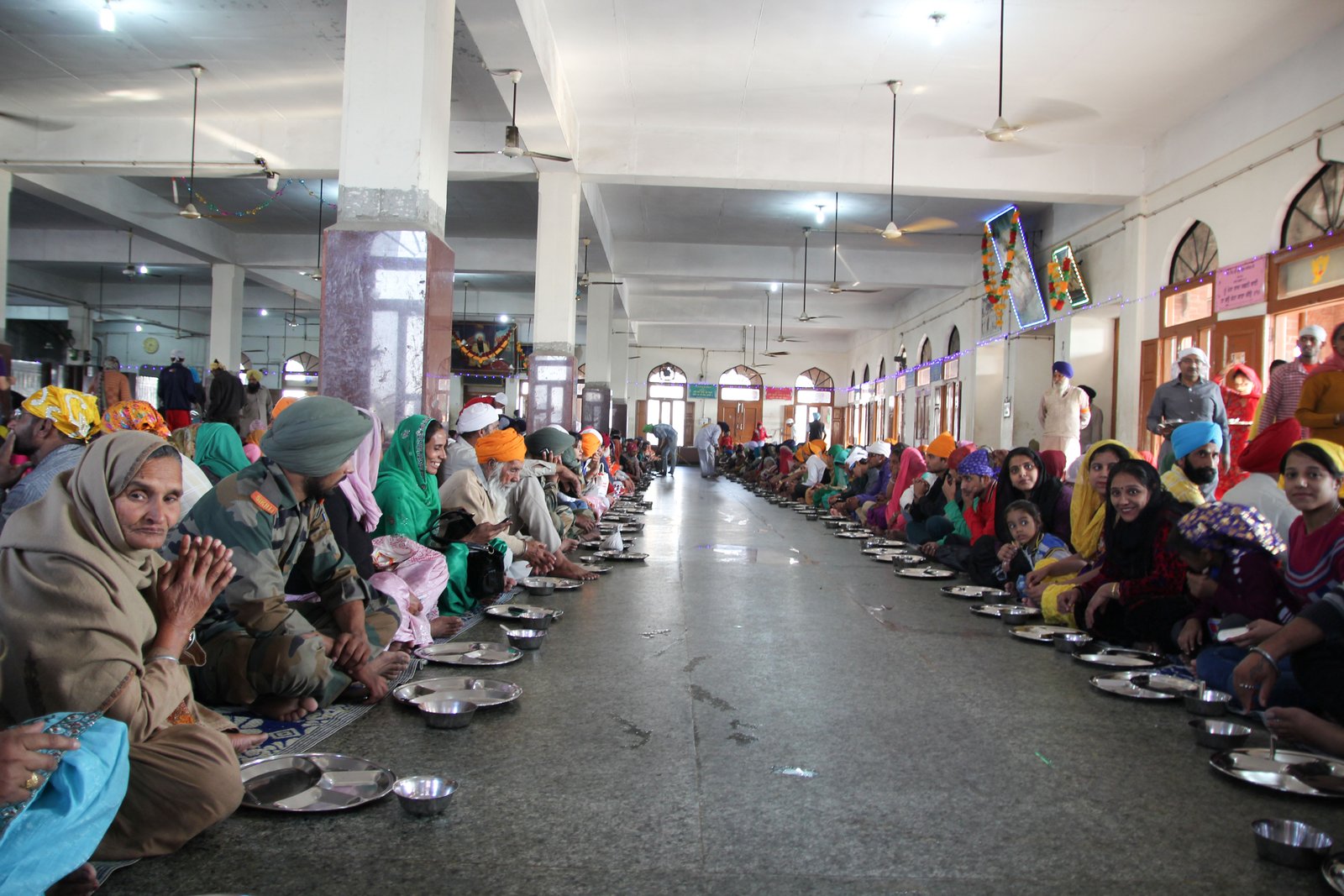Inside BENEO’s new pulse plant: pioneering sustainable protein from faba beans
The much awaited Goods and Services Tax regime was launched on 1st July, 2017 to subsume various central, state and local indirect taxes and levies. Since the launch, the central government is on its toes revamp the loose screws of GST. In a recent development, the government has exempted free food supplied at community kitchens run by religious institutions from GST. Apart from that, ‘Prasad’ distributed at temples, gurudwaras, mosques, churches and dargahs will also not fall in the periphery of GST.
The GST was rolled out in the country on July 1 to introduce a uniform indirect tax system by subsuming various central, state and local indirect taxes and levies.
Issuing a clarification on media reports that suggested that the GST would be levied on free food supplied in ‘anna kshetras’ (food areas) by religious institutions, a finance ministry said: “This is completely untrue. No GST is applicable on such food supplied free.”
The recent development came after Union food and processing minister, Harsimrat Kaur Badal approached Arun Jaitley, Finance Minister, Government of India and urged him to to exempt all purchases made by the Shiromani Gurdwara Parbandhak Committee (SGPC) for ‘langar sewa’ or service at the community kitchen from the GST.
The SGPC spends around Rs 75 crore to purchase desi ghee, sugar and pulses, all used in the preparation of food served in the Golden Temple in Amritsar. Citing this, the minister said the committee would have to bear a financial burden of Rs 10 crore on purchases, as they come under the 5-18% GST bracket.
However, the ministry’s statement said some of the inputs and input services required for making ‘prasad’ would be subject to the GST. These include sugar, vegetable edible oils, ghee, butter and service for transportation of these goods.
“With the GST being a multistage tax, end use-based exemptions or concessions are difficult to administer,” said the ministry. “It would, therefore, not be desirable to provide end use-based exemption for inputs or input services for making prasada or food for free distribution by religious institutions.”
Picture Credit- www.sikhreligion.net

